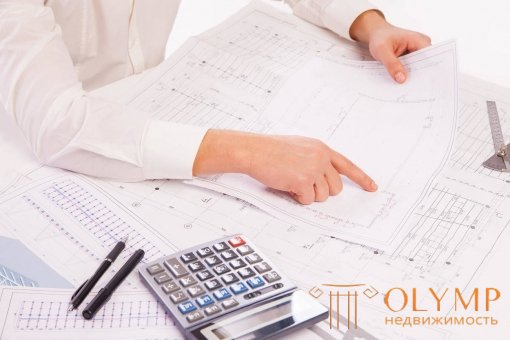
The role and content of economic research depends on the type of engineering structure. For example, for industrial facilities, economic surveys are designed to: determine the economic feasibility of locating the facility at a given place, taking into account the provision of raw materials, fuel, electricity, water, gas, and also determine the conditions for the sale of finished products; to determine the most profitable ways and means of communication within the region and the conditions for adjoining the existing roads to the network; establish the possibility of cooperating an object with existing and under construction enterprises; find out the prospects for resettlement of workers and employees for the period of construction and operation of the structure.
When designing transport facilities, economic surveys make it possible to determine the most profitable type of transport (road, rail, water), establish the most rational passage of the route on the ground, the size of freight and passenger traffic, determine the basic parameters of the structure.
Economic surveys in the design of cities and workers' settlements are conducted in a slightly smaller volume, since there is no need to collect information about the raw material base and consumers of products. Economic surveys at such facilities should determine the population and its growth prospects, the degree of employment, the degree of provision of population with living space, establish the degree and prospects for the development of industry, transport, the network of cultural and household enterprises; availability of free areas for the construction of buildings and recreational facilities
The main scope of work in economic surveys is surveys and collection of materials for the construction area, processing, systematization and analysis of the collected materials. A detailed list of information collected, of course, depends on the type of construction being designed, and in some cases (on roads and railways) it comes down to obtaining data on the perspective dimensions of freight and passenger traffic, in others - to collecting information about existing industrial enterprises and their products , about the possibility of economic and technological communication with them, about energy supply, about the region’s raw material resources, about the means of communication, about the conditions for future construction and preparation for it.
Regardless of the type of construction in economic surveys, it is necessary to clarify the conditions for the future construction of building materials (cement, sand, gravel, clay, rubble stone) and elements of prefabricated structures.
Economic surveys are the basis of a feasibility study of investments (TEO investments). On their basis, the necessity and expediency of the construction and reconstruction of industrial facilities is revealed, their technical feasibility and the effectiveness of investments. For the development of a draft project, economic research is often conducted without tying the structure to a specific place. For roads, for example, without determining the position of the road and its end points (only interconnected economic areas can be specified). In industrial construction, the need for such research arises in cases of designing complex and large industrial complexes, when the general prospects for the economic development of the region as a whole must first be clarified. Economic surveys at the “project” stage are carried out to design a specific structure with reference to a specific area: dams - to an alignment on a river, roads - to points of junction, industrial or civil engineering - to a dedicated area of the territory. Economic research in this case should cover not only the site of future construction, but also the surrounding areas.
Что бы оставить комментарий войдите
Комментарии (0)